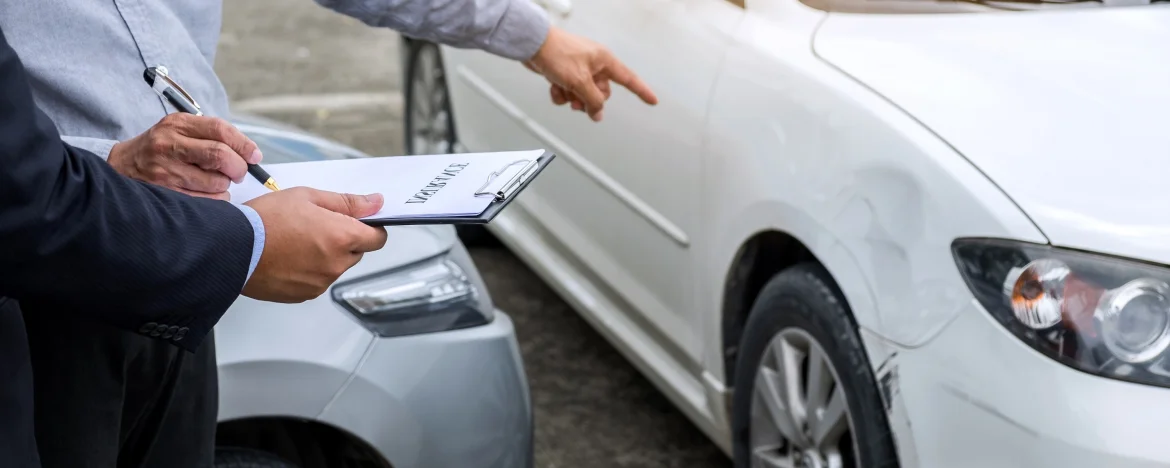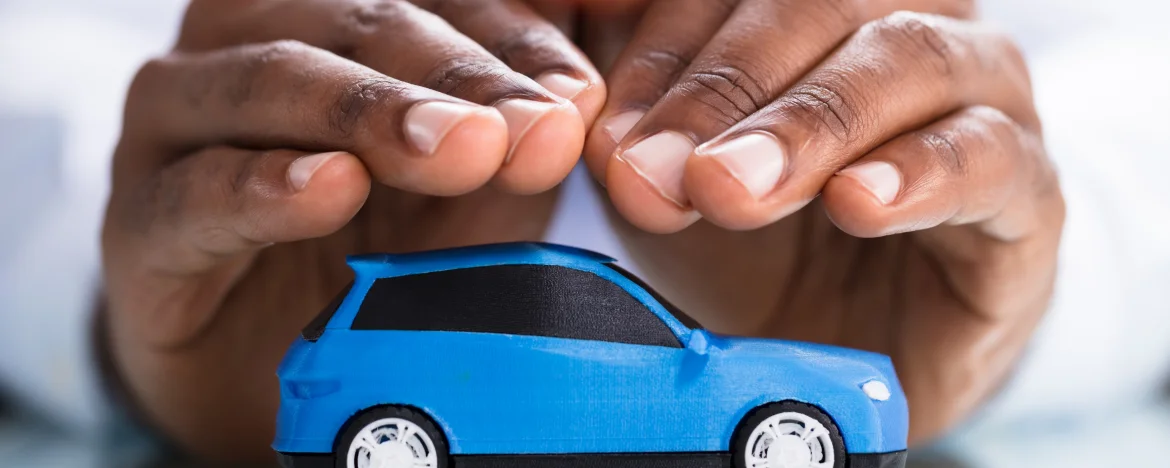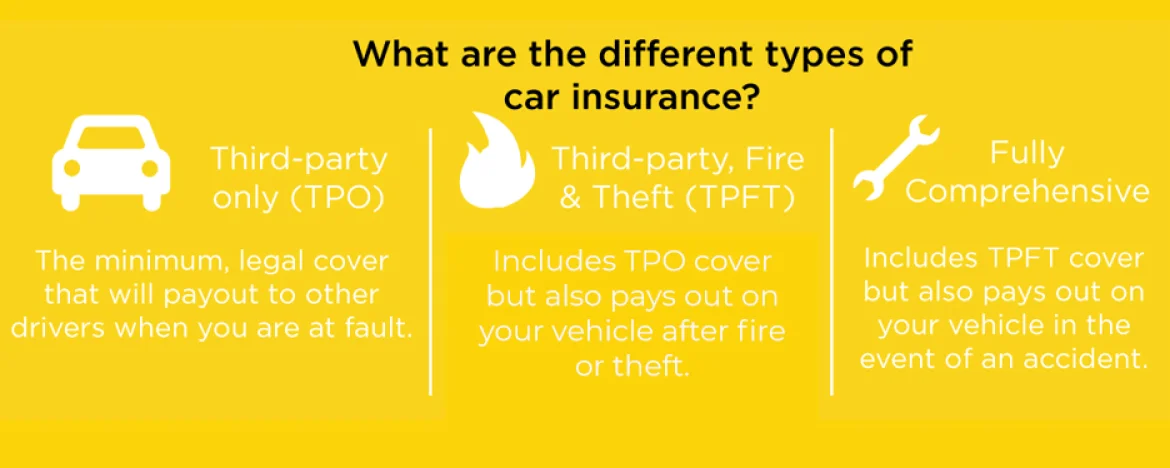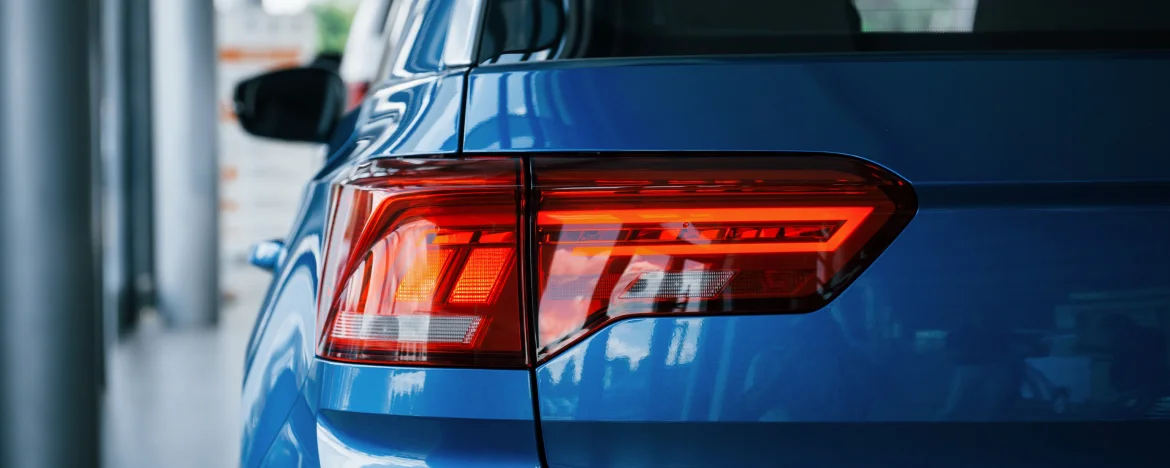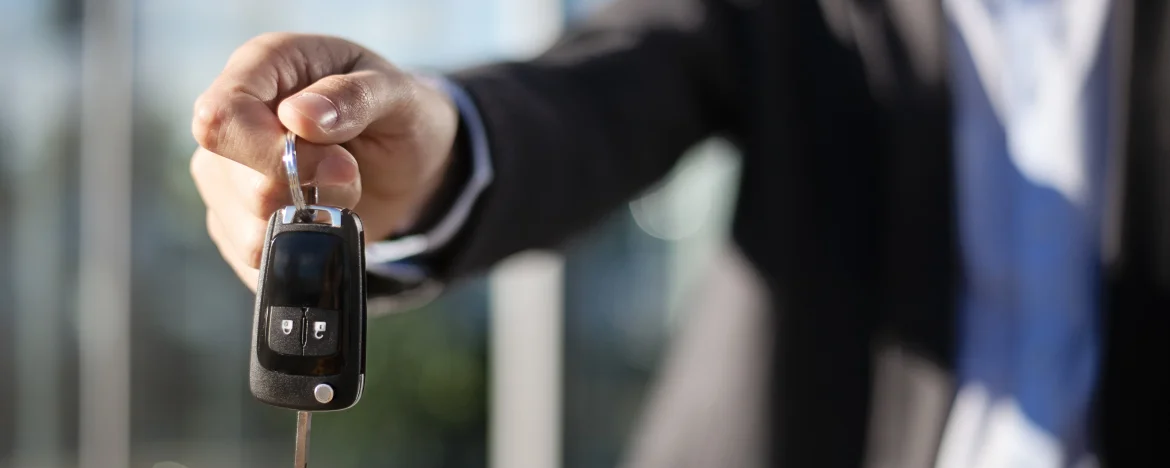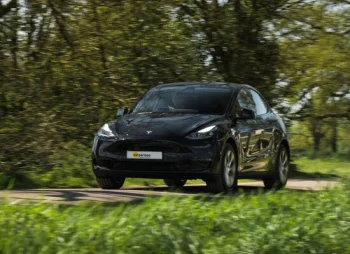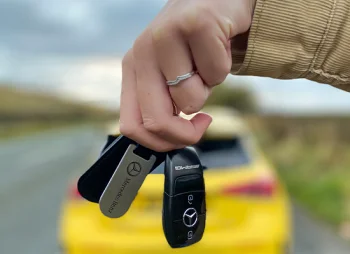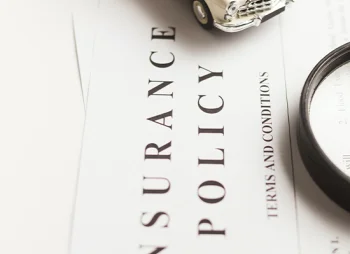Car insurance is something that all drivers in the UK must have in one form or another, however, for some, it can be a bit of a mystery. In this article, we explore everything to know about car insurance and answer the important questions about getting car insurance on your vehicle lease.
Car insurance is often something you don’t think too much about until you need to make a claim, and, although you’ll take out a policy to ensure you’re always covered, it’s common for people to not know all about auto insurance and how it works. Whether you want to learn more about car insurance in general or are planning to lease a vehicle and want to know where you stand, in this car insurance explained article we give you the need-to-know answers.

